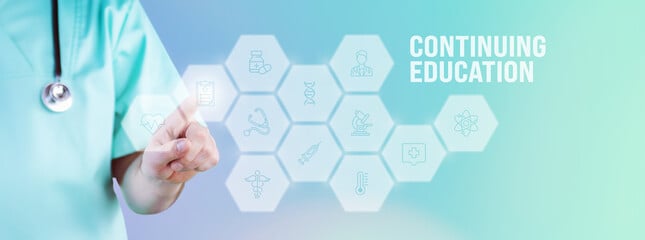Neurohumanities Seminar Series
Save the Dates
Who: Faculty, Graduate Students, Postdoctoral Fellows, Clinicians, Medical Students
When: second Thursday of the Month, 12:00 p.m. EST
Where: S5-710 and via Zoom (link information to be provided later)
|
Date |
Topic |
Speakers |
|
June 13, 2024 |
|
|
|
May 9, 2024 |
|
|
|
April 11, 2024 |
|
April 2024 - Neurohumanities Seminar Series
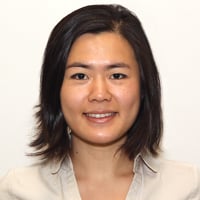
Neuropsychiatry of Magic
presented by: Kathy Niu, MD, and Daniel Roy, magician
Kathy L. Niu, MD, is the Psychiatry Clerkship Director and Co-Director of the Brain, Behavior, and Movement course for medical students at Vanderbilt University School of Medicine. She has a joint appointment as an assistant professor of Psychiatry and Behavioral Sciences, and Neurology. She completed medical school at Vanderbilt University School of Medicine and is a distinguished graduate of our combined neuropsychiatry residency program. She was an excellent resident, chief resident and won the prestigious Purple Brain Award for excellence, service and sacrifice as a junior resident and was actively engaged in Neuro-Psychiatry Research and awarded the Clinical Neuroscience Trainee award from the American Neuropsychiatric Association (ANPA) which is a prestigious national award given to one Neuro-Psychiatry Resident every year for excellence clinically and in research.
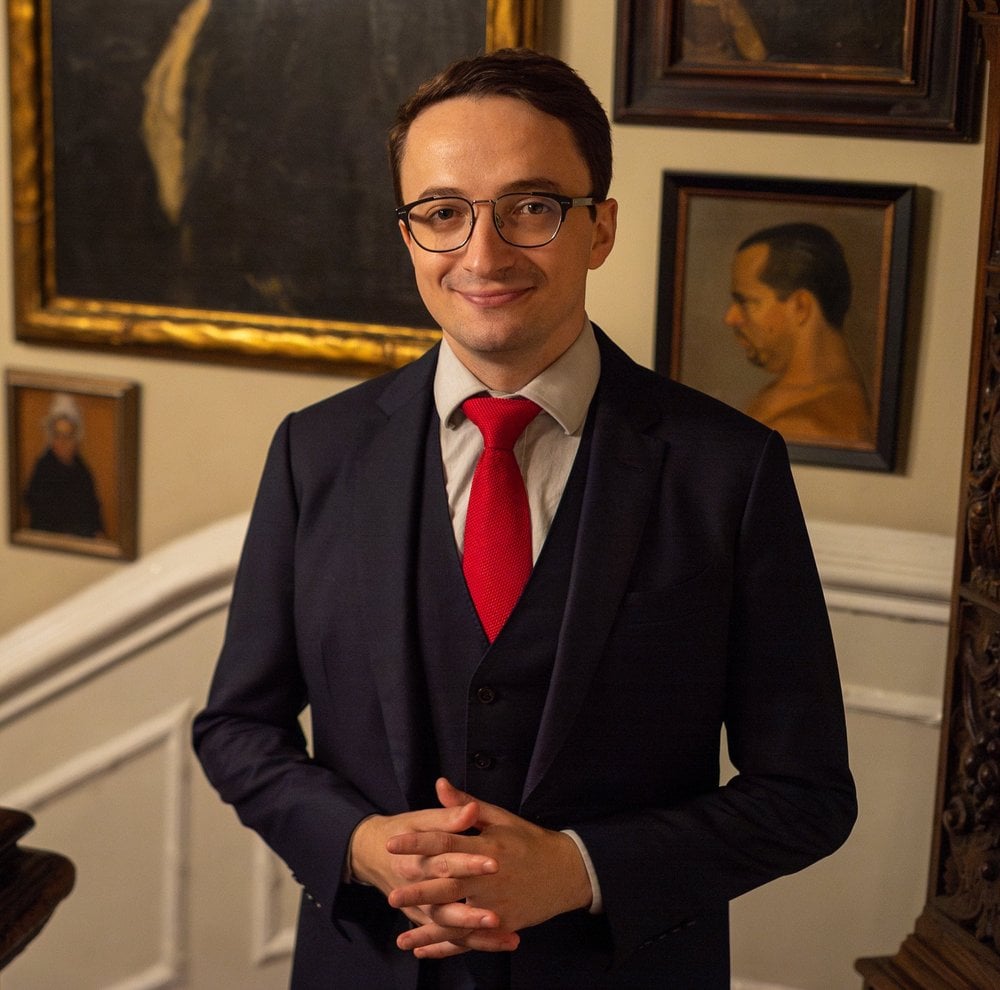
Daniel Roy is a sleight-of-hand magician who specializes in the most difficult branch of card manipulation, the techniques used by professional card cheats. He has performed at the world-famous Hollywood Magic Castle and appeared on Penn & Teller: Fool Us on national TV! In addition to magic, he studied neurobiology at the University of Pennsylvania and has spoken about the science of magic to the American Neuropsychiatric Association in collaboration Dr. Niu. He also runs a YouTube channel with over 100,000 subscribers: youtube.com/danielroymagic.
March 2024 - Neurohumanities Seminar Series
Narrative Medicine
THURSDAY March 14th at noon
with Palliative Specialists Dr. Vandana Nagpal and Dr. Rebecca Kowaloff.
Narrative medicine emphasizes the importance of storytelling and that everyone has a story to share. It is a model for medical humanism by seeking to broaden our perspectives and encourage self-reflection and awareness by facilitating the development of skilled listening, empathy, improved communication, and therapeutic relationships, between doctors and patients and their families.
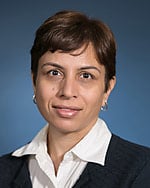
Vandana Nagpal MD FACP FAAHPM is associate chief of the division of palliative care, associate professor of medicine and associate program director of the palliative medicine fellowship program here at UMass Chan. She is equally passionate about humanism and communication in health care and has published articles on a buddy system to reduce stress and promote resilience during the COVID pandemic, Music therapy in palliative care and effective goals of care conversations among various other topics. She was inducted into the Gold Humanism Society in 2021.
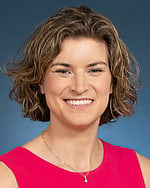
Rebecca Kowaloff, DO, is board certified in internal medicine and hospice and palliative care. Her interests include prognostication and communicating prognosis, teaching communication skills in serious illness, palliative care medical education, frailty syndrome and perioperative risk assessment, and narrative medicine. She has published narrative articles in the Journal of General Internal Medicine, Journal of Clinical Oncology, and Journal of Pain Symptom Management and a commentary on the lack of equity even in end-of-life issues in people of color.
February 2024 Neurohumanities Seminar Series
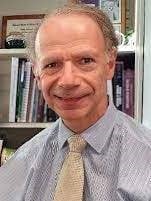
The Symphony of the Brain
Dr. Joel Popkin, professor of medicine at UMass Chan, the former director of special services at St. Vincent Hospital, and the program director emeritus of the SVH medicine residency program provides insight in neurohumanities and his talk touches on the art of music, neurobiology and humanism, showing us how music can benefit patient’s with Parkinson’s disease and other therapeutic indications.
Dr. Popkin, has been awarded a Mastership of the American College of Physicians, Laureate of the Year by the Massachusetts Chapter of the ACP, Clinician of the Year by the Worcester District Medical Society, Senior Volunteer Physician of the Year from the Mass Med Society, and Physician of the Year, the Pillar Community Award, and Teacher of the Year by SVH as well as Teacher of the Year by Reliant Medical Group, and Outstanding Primary Care Educator and Community Educator Awards at our medical school. He has long been interested in and actively promoting Humanism in Medicine and the use of integration of art and music into residency training and the community and is one of the pillars of our neurohumanities program.
January 2024 Neurohumanities Seminar Series
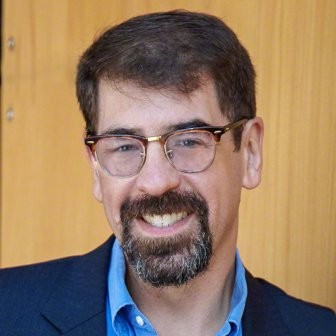
Uncertainty in Medicine
Steven Hatch MD MSc is an associate professor of medicine at UMass Chan Medical School, Division of Infectious Diseases and Immunology and the former director of the infectious disease fellowship program. He has worked in Liberia fighting the Ebola epidemic and was featured in The New York Times, CBS News, CNN with Anderson Cooper, and elsewhere. He is an accomplished author of several books including Blindman’s Marathon, Inferno and Snowball in a Blizzard: A Physician’s Notes on Uncertainty in Medicine. Steven’s career has brought him to healthcare facilities in Cambodia, Haiti, Colombia, Venezuela, Brazil, Mozambique, and the Federated States of Micronesia. Currently, he is working on HIV policy in Vietnam.
If we are honest with ourselves and respect the truth in the practice of medicine including in neurology, we need to acknowledge that despite the significant gains in terms of evidence-based medicine to support our guidelines, there will always be grey areas of practice when dealing with individual patients and situations.
In generations past, clinicians would rely solely on their clinical experience and although this is important and useful data it can be skewed by bias and sometimes lead us down a path that can cause harm. Uncertainty is something we have to accept, deal with, and learn to navigate.
Dr. Molly Wilner will facilitate a discussion after viewing Dr. Hatch's recorded presentation.
For more information, a publication by Dr. Hatch is attached here, aswell as The Decision, a poem written by Raphael Carandang, MD, highlighting clinical dilemmas around uncertainty.
Please join us at the 5th floor conference room S5-710 or via Zoom: Join from PC, Mac, Linux, iOS or Android: https://umassmed.zoom.us/j/481537944?pwd=am51ajNVNWtMY3hRRmh3amowUk1Xdz09
Meeting ID: 481537944
Password: 970420
Or iPhone one-tap (US Toll): +13017158592,481537944# or +13126266799,481537944#
December 2023 Neurohumanities Seminar Series
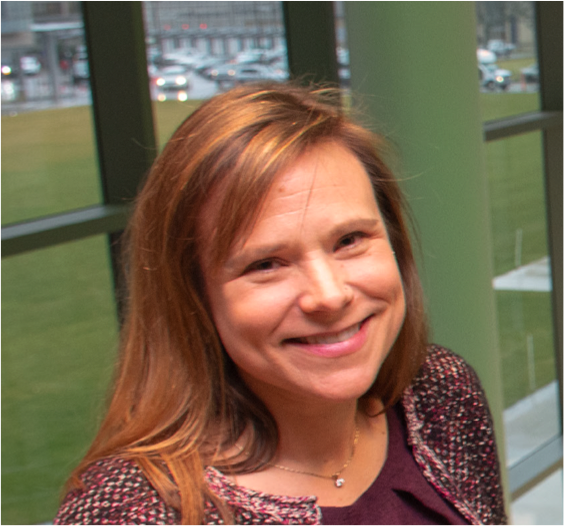
What About My Nervous System? Recognizing Activation and Supporting Your Nervous System in Clinical Practice
Christine Runya, PhD, ABPP, is a Professor in the Department of Family Medicine and Community Health at UMASS Chan Medical School and Co-founder of Tend Health, a company that focuses on mental health care for health professionals. To learn more here is the link: https://tend.health. She has actively researched, written, and implemented education, training, and policies to promote clinician well-being. Dr. Runyan is one of the pillars of our Neurohumanities curriculum and has been invaluable in providing support to our department and residency program in times of crisis over the last few years. She will be presenting remotely as she has moved out of state.
In our field of work, and during our training, whether in research, education, or clinical care, we are immersed in a stressful environment. The stakes are often high when dealing with neurological illness and disease and there is pressure from multiple sources including from patients, ourselves, documentation, academic and administrative demands, and from the health care system. These stresses can be heightened during the Winter Holiday Season for multiple reasons. As we approach the holiday season with all of its additional pressures and continue to deal with all of the inherent stresses of our day-to-day work, do we pay attention to our bodies, our own responses, and ourselves? This session will be instructive in Mindful Medical Practice and Self-care and Dr. Runyan is an expert.
November 2023 Neurohumanities Seminar Series
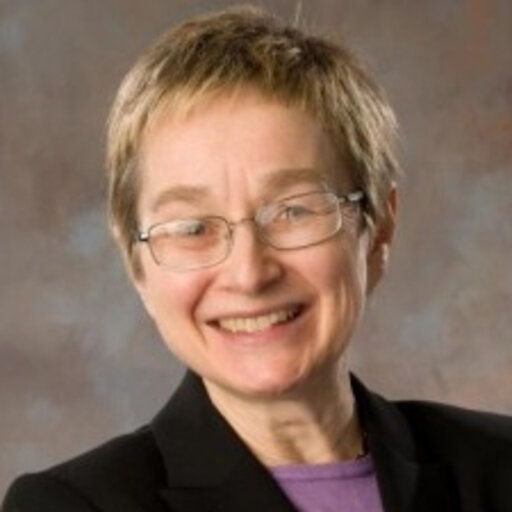
What We Owe People with Dementia—And Ourselves
Professor Lucia Knoles and Shannon Sweeney
Lucia Knoles and Shannon Sweeney will draw upon poems and personal experiences to illustrate strategies for working with dementia patients in a way that reaffirms their humanity. Knoles and Sweeney suggest that in addition to increasing compliance with healthcare protocols, building relationships with memory loss patients based on attention, respect, and joy can improve the quality of their lives—and our own.
Lucia Knoles is an English professor at Assumption College. She began working on this topic when her mother was diagnosed with dementia fifteen years ago. Since then, Professor Knoles has served as a long-term care ombudsman, and a teacher in literature and autobiography writing courses for assisted living and long-term care residents. She has been an essential contributor and pillar of our Neurohumanities program since its inception and the strongest of advocates for humanism in medicine.
Shannon Sweeney is the Dementia Program Director at Eisenberg Assisted Living. In addition to supervising staff and activities on the Keepsake Floor, she is responsible for training staff throughout the residence in dealing with people with dementia. Recently, Shannon Sweeney has expanded the activities schedule for residents on the memory loss floor to include such cognitively stimulating activities as art appreciation sessions, poetry interpretation classes, and “You Be the Jury” sessions based on historical trials.
October 2023 Neurohumanities Seminar Series
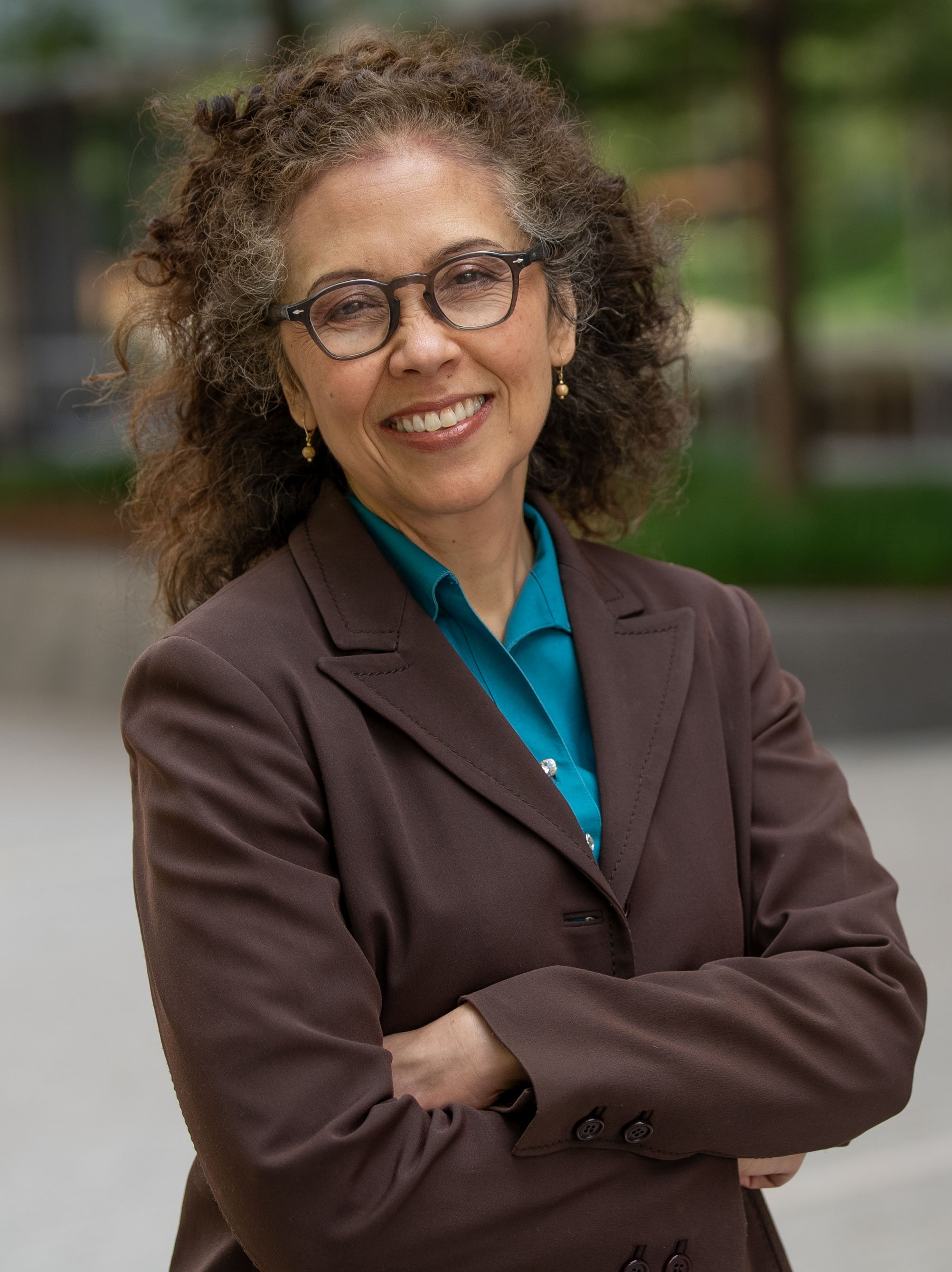
Fiction, poetry and neurology
Through the emerging field of Neuroaesthetics or the scientific study of the neural consequences of contemplating a creative work of art we know that all forms of art including fiction and poetry can change us biologically. It can inspire us and transform our lives. There is much research accumulating that the arts can heal us, amplify our learning, cultivate curiosity and empathy, broaden our perspectives and are essential in creating community and a flourishing existence for individuals. AM Barrett, MD, shared her personal reflections on the impact of reading and creative writing on her life and career as a neurologist. She spoke about what reading and creative writing has meant to her since she was a child, and how she links them to her career as a neurologist. She read some of her work and discussed how reading and writing has been important in her life.
Chair, AM Barrett, MD, professor at UMass Chan Medical School, was previously the director of neurology neurorehabilitation, a division at Emory University School of Medicine and Executive Director of the Center for Visual and Neurocognitive Neuroscience and Medical Director of the Cognitive Neurology Clinic for the Atlanta VA Health Care System. Her extensive experience brings together training in cognitive neurology and neuropsychology, neurology, medicine and brain injury. Her research program encompasses brain-behavior relationships relevant to spatial cognition and rehabilitation of spatial neglect; person-centered care and outcomes relevant to function and life participation; and identification and management of hidden disabilities and mechanisms of deficit unawareness. She is also a voracious reader, writer and poet and a strong advocate for humanism in the practice of medicine and neurology.
September 2023 Neurohumanities Seminar Series
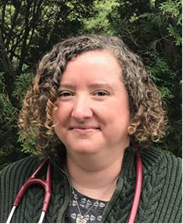
Honoring the wellbeing, dignity, and experiences of all the cogs in the medical machine - both patients and clinicians
Heather Finlay-Morreale, MD, FAAP, is an assistant professor of pediatrics at UMass Chan, as well as a physician, patient, writer/storyteller, artist, and advocate. Finlay-Morreale, MD, was an Ell Scholar at Northeastern University, went to medical school at the University of Cincinnati, and completed her pediatric residency at Tufts. After published research and clinical work, she now focuses on narrative medicine. She was a Doximity Writing Fellow and has a featured blog on Doximity’s Op(M)ed. An essay in the Pharos won a Helen Glaser Humanism in Medicine award and her writing has been featured in Lancet Blog, JAMA Neurology, CHEST, Annals of Emergency Medicine, Psychology Today, KevinMD, and the Mighty. She has also appeared on multiple podcasts on Spotify and Moth-style storytelling events. She shares her journey with post-herpetic neuralgia and myasthenia gravis using storytelling and images and discusses how these experiences led to a clinical approach of meeting a patient with a clean slate and listening curiously.
August 2023 Neurohumanities Seminar Series
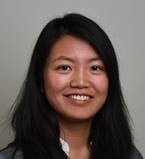
Neuroscience of Musical Emotion and Creativity: Implications for Music-Based Interventions.
Psyche Loui, PhD, associate professor and director of the MIND lab at Northeastern University.
The neuroscience of music cognition, musical perception, pitch problems, singing, tone-deafness, music disorders and emotional impact of music and voice, comprise much of Psyche Loui’s research and work. What happens in the brain when we create music? What gives some people a chill when they are moved by music? Can music be used to help with psychiatric and neurological disorders? These are questions that Loui tackles in the lab. Loui has published in the journals Current Biology, Journal of Neuroscience, Journal of Cognitive Neuroscience, Neuroimage, Frontiers in Psychology, Current Neurology and Neuroscience Reports, Music Perception, Annuals of the New York Academy of Sciences, and others. Loui graduated the University of California, Berkeley with her PhD in Psychology (Specialization: Cognition, Brain and Behavior) and attended Duke University as an undergraduate graduating with degrees in Psychology and Music and a certificate in Neuroscience. She has since held faculty positions in Psychology, Neuroscience, and Integrative Sciences at Wesleyan University, and in Neurology at the Beth Israel Deaconess Medical Center and Harvard Medical School.
July 2023 Neurohumanities Seminar Series
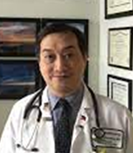
A brief history of Neurological Practice: What it means to be a Neurologist
Raphael A. Carandang, MD, associate professor of neurology, anesthesiology and surgery.
How did neurological practice come to be? What are the landmark discoveries that pushed the field forward? Who are the individuals in history that contributed to it and what are the characteristics of those individuals that we can all learn from and emulate in our current practice of neurology? In this session, we will quickly review the historic milestones in the development of neurological practice and attempt to define what it means to be a neurologist. Raphael Carandang is a stroke neurologist and neurointensivist who created the UMass Chan Neurohumanities Program to re-emphasize the essential nature of humanistic practice in neurology, to promote self-awareness and to understand that our perspectives shape our behavior and practice, to explore the intersection of neuroscience and art to recapture the joy of neurological practice and to provide a positive experience of how neurology impacts the world.
May 2023 Neurohumanities Seminar Series
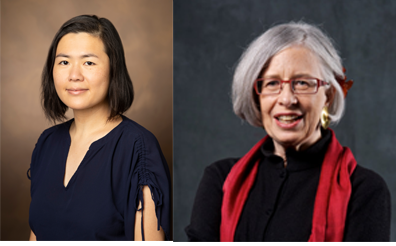
Neuropsychiatry of Magic
Kathy L. Niu, MD, serves as the Psychiatry Clerkship Director and Co-Director of the Brain, Behavior, and Movement Course for medical students at Vanderbilt University School of Medicine. She has a joint appointment as an assistant professor in the Department of Psychiatry and Behavioral Sciences and in the Department of Neurology. She completed medical school at Vanderbilt University School of Medicine and is a distinguished graduate of our combined neuropsychiatry residency program. She was an excellent resident, chief resident and won the prestigious Purple Brain Award for excellence, service and sacrifice as a junior resident and was actively engaged in Neuro-Psychiatry Research and awarded the Clinical Neuroscience Trainee award from the American Neuropsychiatric Association (ANPA) which is a prestigious national award given to one Neuro-Psychiatry Resident every year for excellence clinically and in research.
Barbara Schildkrout, is a neuropsychiatrist affiliated with Harvard Medical School and Brigham and Women’s Hospital, (MD, Assistant Professor of Psychiatry-part-time, Harvard Medical School, Department of Psychiatry, Brigham and Women’s Hospital, Boston). She is co-president of the Boston Society of Neurology, Neurosurgery, and Psychiatry and Chair of the Neuropsychiatry Committee of the Group for Advancement of Psychiatry. She has written on wide-ranging topics including diagnostic errors, the importance of rare diseases in psychiatry, theories about the etiology of Joan of Arc’s voices, and education in clinical neuroscience for psychiatrists. She and Kathy Niu became interested in the neuropsychiatry of magic and first presented the topic to the American Neuropsychiatric Association together.
Magicians are masters of illusion and deception and have developed and use astonishing methods to manipulate our experience and take advantage of our limited perceptive capabilities. It is an area that is not only at the intersection of imagination and reality but also art and neuroscience and can teach us much about neuropsychiatric and cognitive function as well as highlight our limited and often easily manipulated perspectives. It is also a lot of fun and eminently enjoyable!
April 2023 Neurohumanities Seminar Series

Ebola epidemic in Liberia
Steven Hatch, MD, MSc, is an associate professor of medicine here at the UMass Chan Medical School, Division of Infectious Diseases and Immunology, and the Former Director of the Infectious Disease Fellowship Program.
Steven came to medicine as a second career after teaching English following graduation from college. He received his MD from the University of Cincinnati in 2002, completed internal medicine training at Tufts Medical Center in 2005, and completed infectious diseases training in 2008 at the University of Massachusetts. In 2013-2014, Dr. Hatch lived and worked in Liberia as one of the few Western doctors fighting the Ebola epidemic.
His work in Liberia was featured in The New York Times, CBS News, CNN with Anderson Cooper, and elsewhere. He is an accomplished author of several books including Blindman’s Marathon, Inferno and Snowball in a Blizzard: A Physician’s Notes on Uncertainty in Medicine. Steven’s career has focused on both teaching and working in resource-limited settings, and he has worked in healthcare facilities in Cambodia, Haiti, Colombia, Venezuela, Brazil, and Mozambique, and the Federated States of Micronesia.
As mentioned, he is currently working on HIV policy in Vietnam.
Why is being a doctor different than any other profession? We take the Hippocratic Oath and view our work as a vocation, a mission, and our calling. Few other civilian professions require the same degree of personal investment of time and self, or level of dedication and commitment to our work, not to mention the arduous and prolonged training and years it takes to become a doctor. Even as we practice our profession, day-to-day, we are called upon to give our best knowledge, analysis, skills and empathy towards each person we treat and each case we are given or task at hand, we encounter many physical, psychological, emotional and even ethical challenges and often have to deal with the socio-economic and political realities that shape our practice. Now that we have experienced the COVID pandemic, we may have better insight into how devastating a disease can be on a society or country. Before COVID there was an Ebola epidemic in Liberia. A few courageous, selfless and highly skilled doctors braved the dangers and confronted the immense challenges of dealing with that crisis including our esteemed speaker, Steven Hatch. He is currently working on HIV policy in Vietnam, in a position funded by Harvard Medical School and Beth Israel Deaconess.
March 2023 Neurohumanities Seminar Series
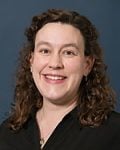
Compassionomics
As we undergo our vigorous training programs and day-to-day clinical work to improve our clinical, neuroanatomical, diagnostic and management skills to be competent clinicians, we can sometimes lose sight of the heart of our profession and our mission as neurologists. As long as we master the cognitive and technical aspects of care, does it really matter if we actually and sincerely care about our patients? Does it impact outcomes? If we learn to work efficiently and cost-effectively, does it make a difference if we have empathy and compassion for our patients? In this health care system that is profit driven and emphasizes productivity and de-emphasizes cognitive clinical skills and at times de-humanizes the practice of medicine, why should we care about caring? These are some of the questions around Compassionomics that were discussed in our session.
Elizabeth R. Degrush, DO, is an assistant professor of neurology and psychiatry and is the training director of the Combined Neurology-Psychiatry Residency program and associate training director of the General Psychiatry Residency program. She sees patients at UMASS Memorial Health and at Community Neuroscience Services and is a graduate and former excellent chief resident of our combined Neurology-Psychiatry residency program. She has published on various neuropsychiatric topics in Alzheimer’s Disease and the effect of statins, electrophysiological markers, gender differences, neuro-psychological testing, the impact of AD drugs and predictors of conversion from mild cognitive impairment to Alzheimer’s disease.
